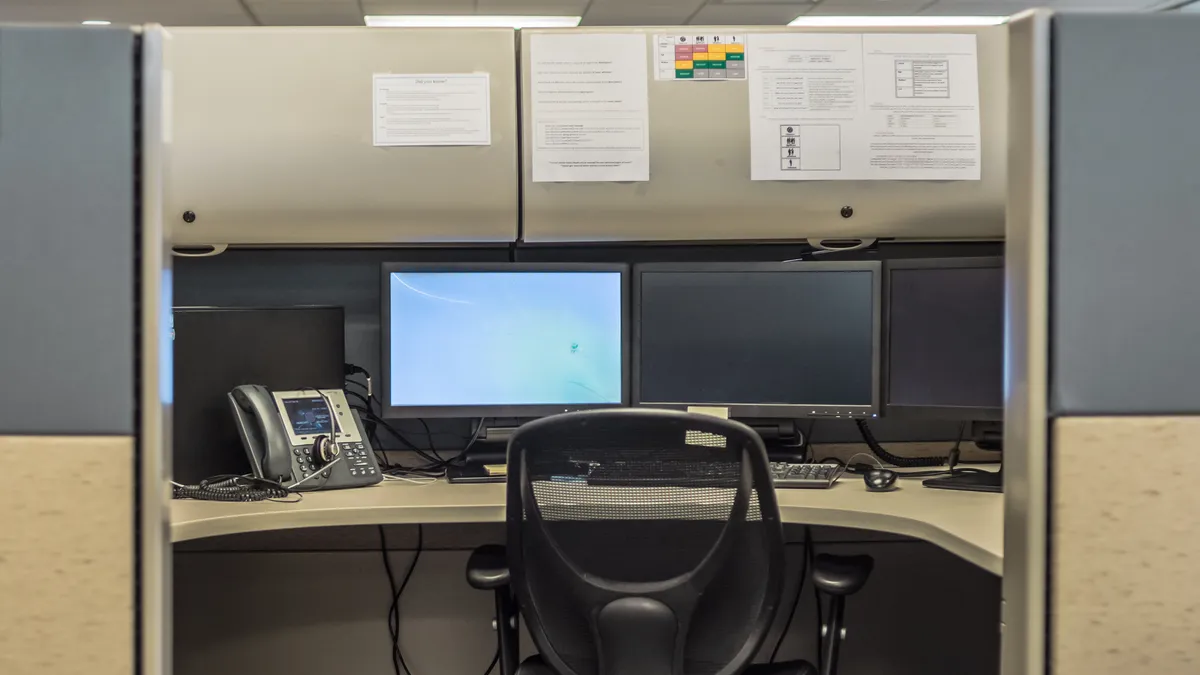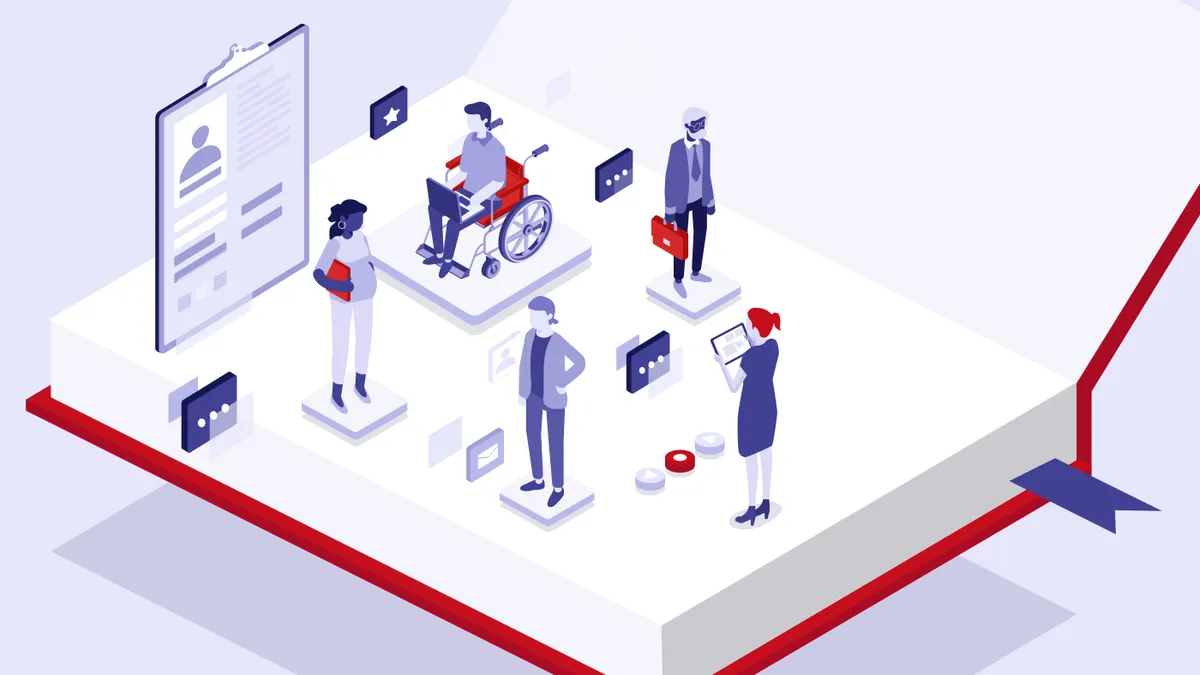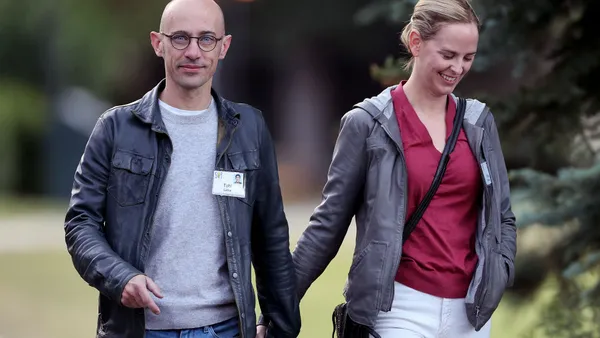Editor’s note: Ginger Christ is a reporter for HR Dive. Our Talent Textbook column explores the fundamentals of talent management and acquisition. Ginger can be reached at [email protected].
Since the COVID-19 epidemic sent us all into lockdown more than four years ago, I’ve heard a common refrain that we all have never fully recovered from the isolation.
It comes as a lighthearted joke sometimes in social settings when someone does something awkward or on a Zoom call when we wave goodbye to our Brady Bunch-esque squares.
But there are heavier undertones to the sentiment. In many cases, our social circles are smaller; we work remotely, we have our groceries delivered, we ride silently in rideshare cars instead of taking public transit.
Last year, the U.S. Surgeon General issued an advisory warning of the dangers of the epidemic of loneliness and isolation in the country — an increased risk for mental health challenges, heart disease, stroke and of developing dementia (for older adults).
And a November Perceptyx report found that more than 4 in 10 workers said they felt “very” or “somewhat” lonely at work.
One recent event brought into sharp focus just how heartbreaking this disconnect from one another can be. An Arizona woman was found dead in her cubicle four days after clocking in.
Some of the headlines reporting her death touched on the themes of loneliness: “Denise Prudhomme died at her desk and no one noticed for 4 days. It tells us one thing,” for example, and “Why The Death Of The Wells Fargo Employee Found At Work Is So Jarring.”
In a statement emailed to HR Dive, Wells Fargo said the company is “committed to the safety and wellness of our workforce. Counselors are available to support any employees impacted by this event.”
It’s shocking and unbelievably sad to think about a person spending their final moments alone in an office; to me, it feels impossible. And, with the ubiquity of remote work, do other workers face the same fate?
I hope Prudhomme’s death will be a wake-up call for corporate America, an unshirkable spotlight on company culture and employee engagement and wellness.
It can be easy to forget that business decisions have real-life consequences. But policies that seek to connect and support workers can actually save lives.
For some, that means fewer meetings and more direct communication. The Perceptyx survey highlighted how organizations are replacing “organic interactions with overscheduled time.” Or it could mean promoting a healthy work-life balance so employees can nurture strong relationships outside of work.
These efforts require time and resources, but I hope we can remember that it’s not always about the bottom line — sometimes, it’s about humanity.















